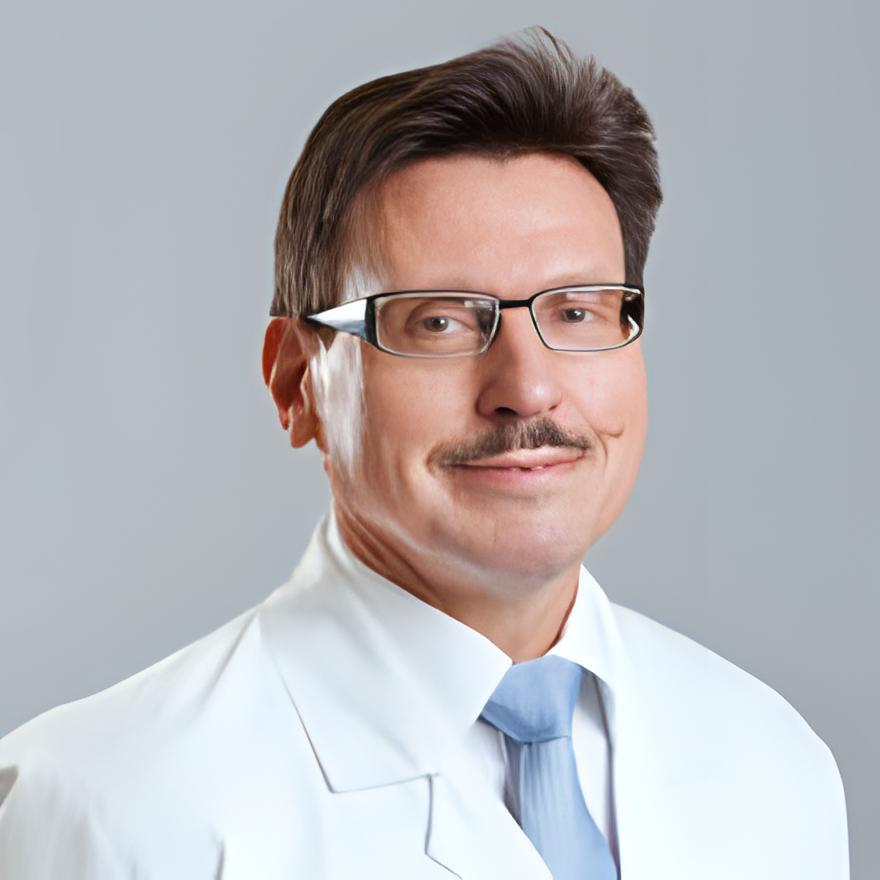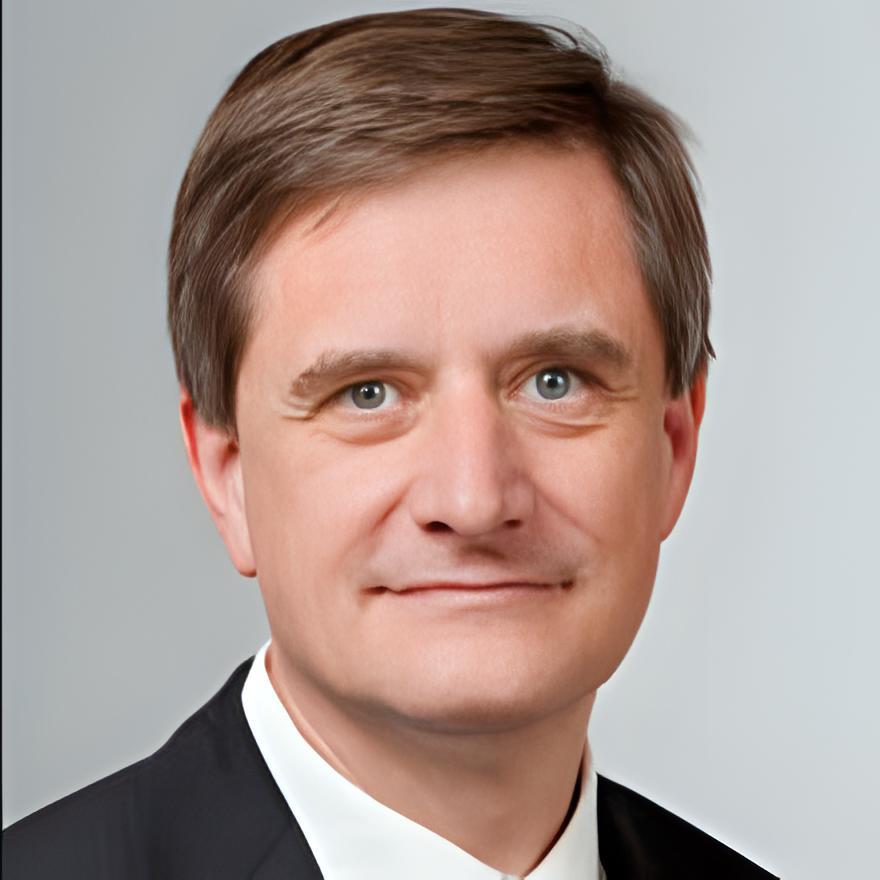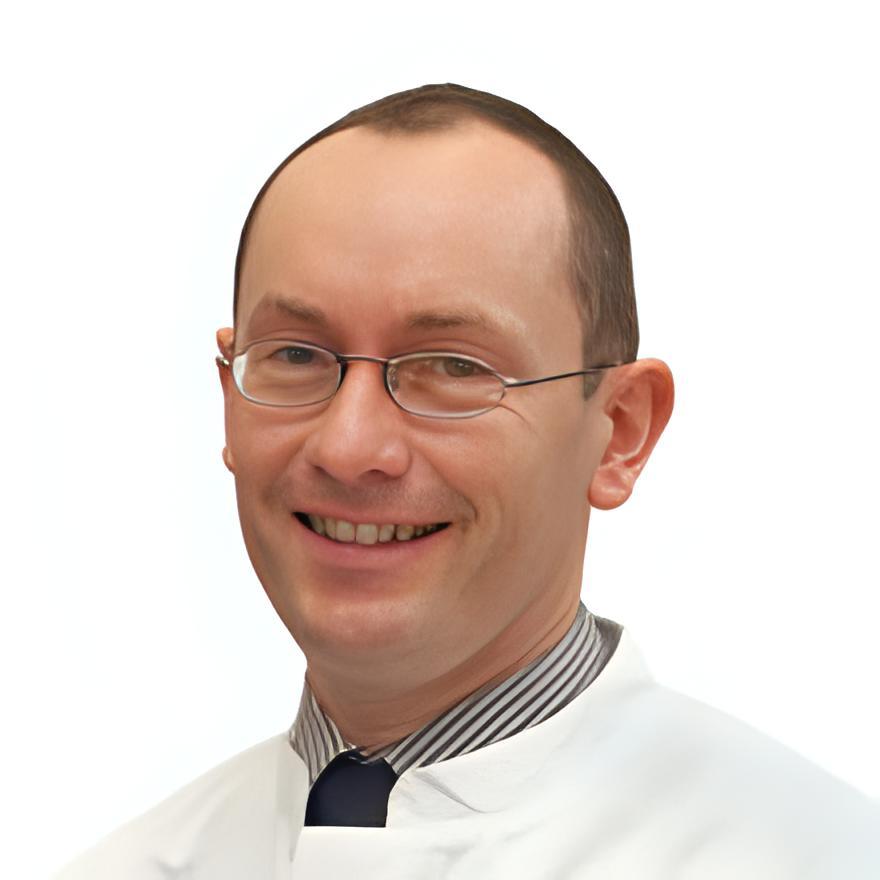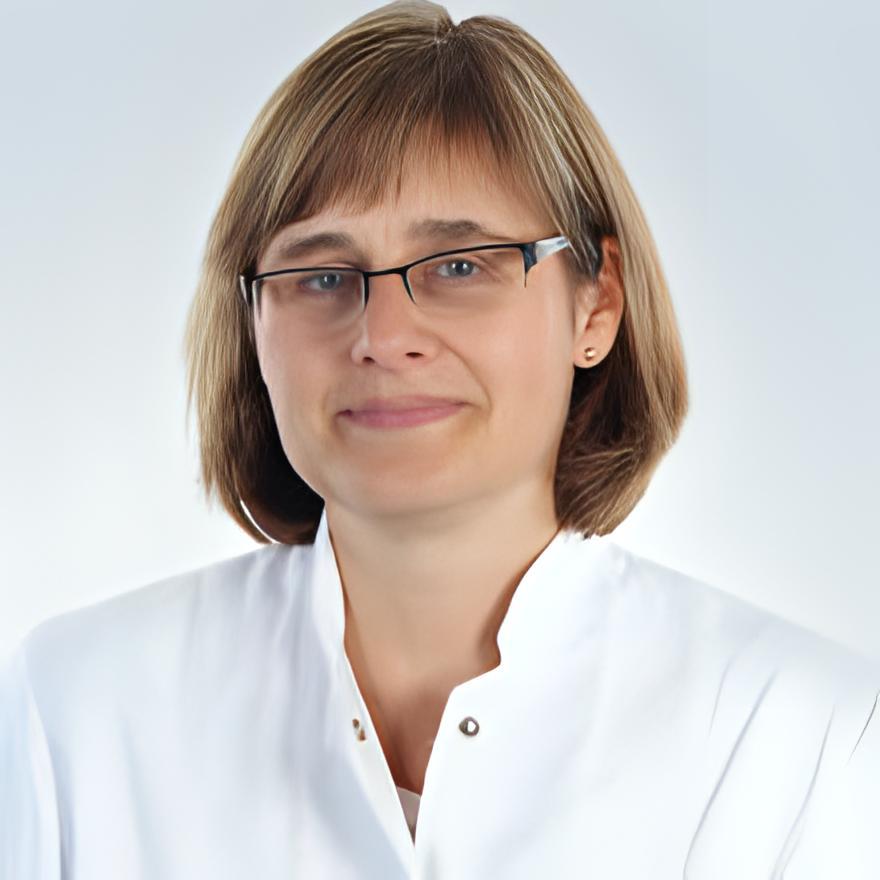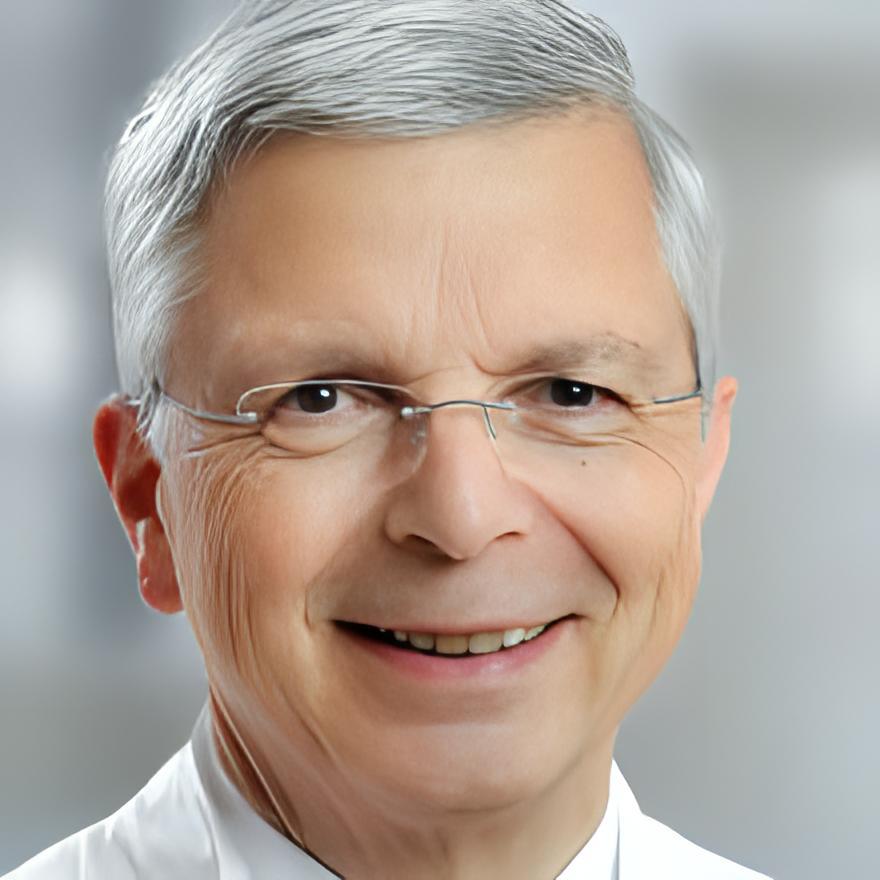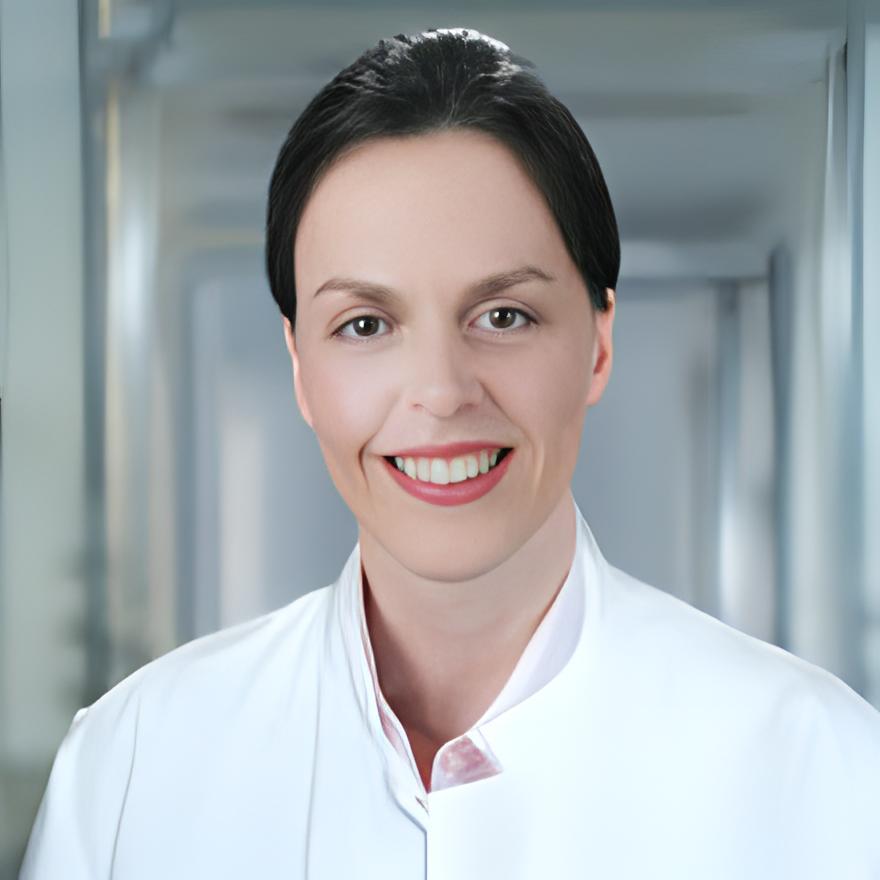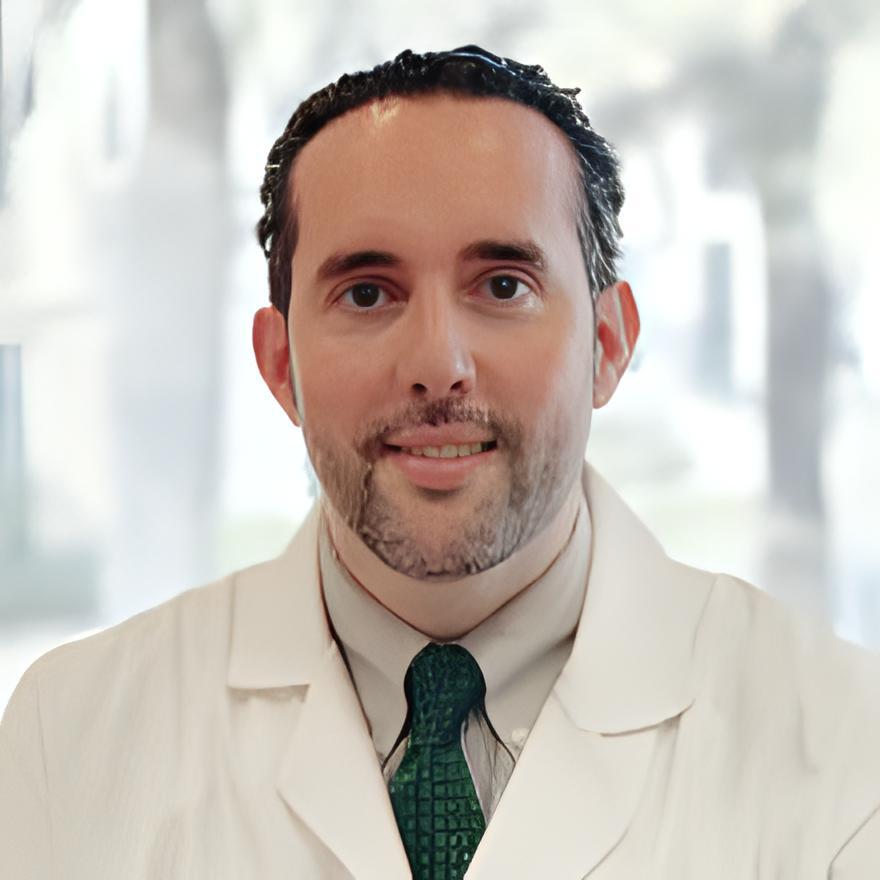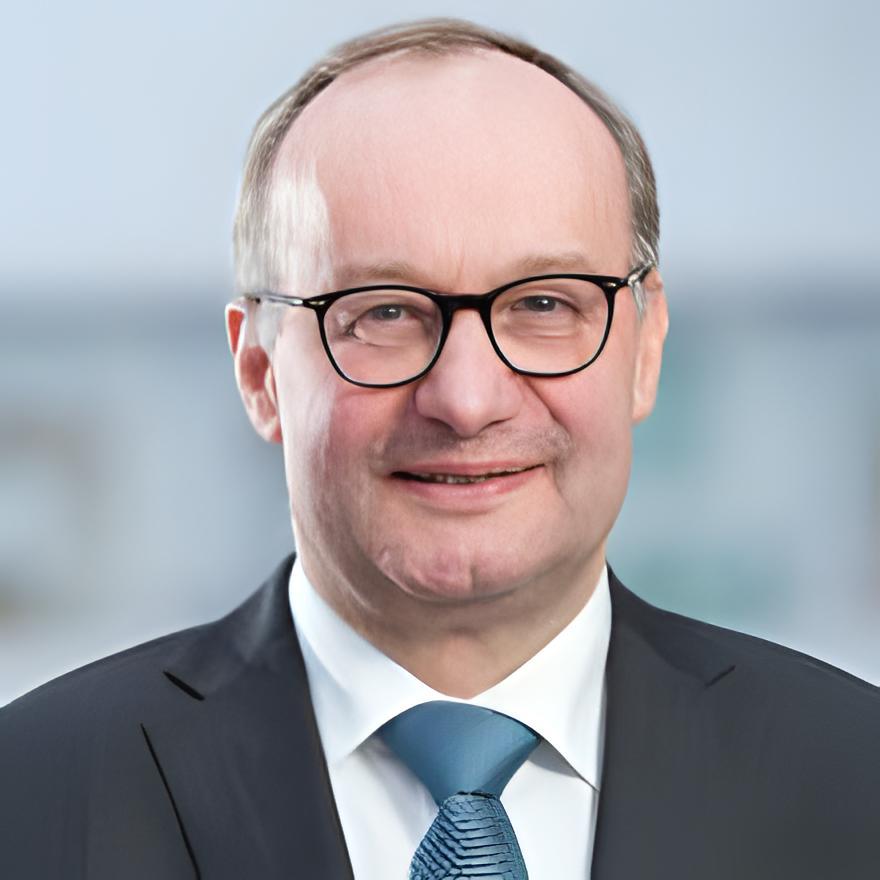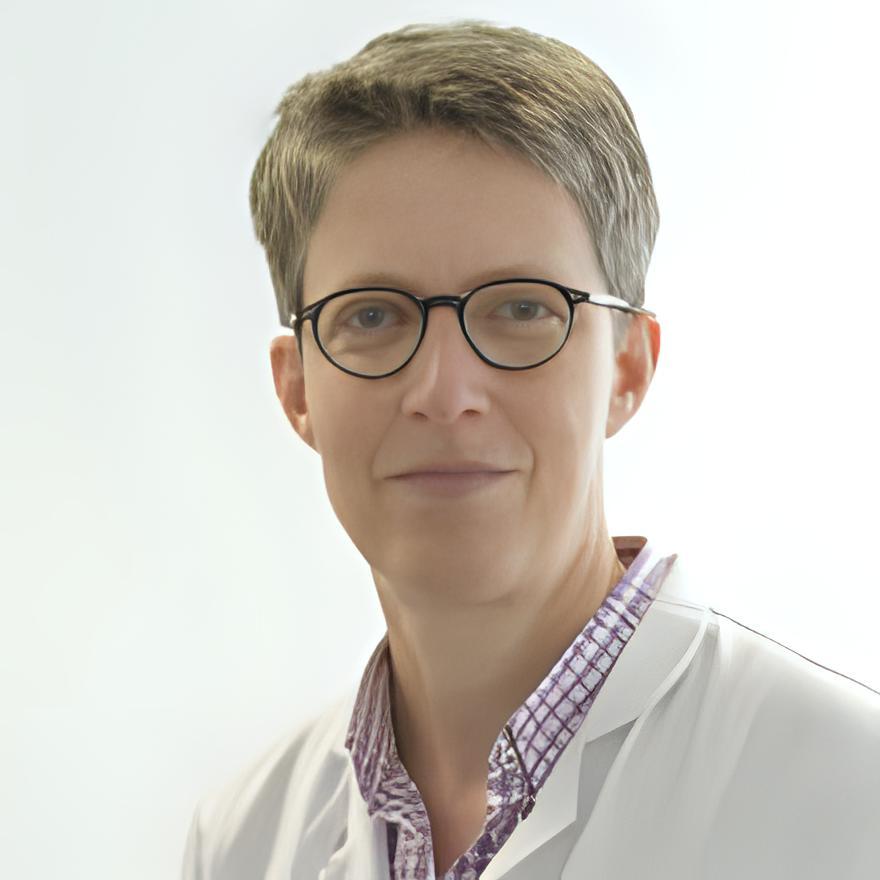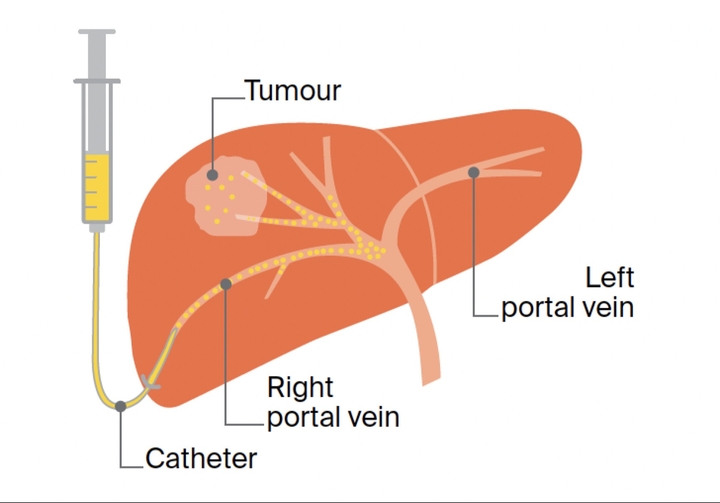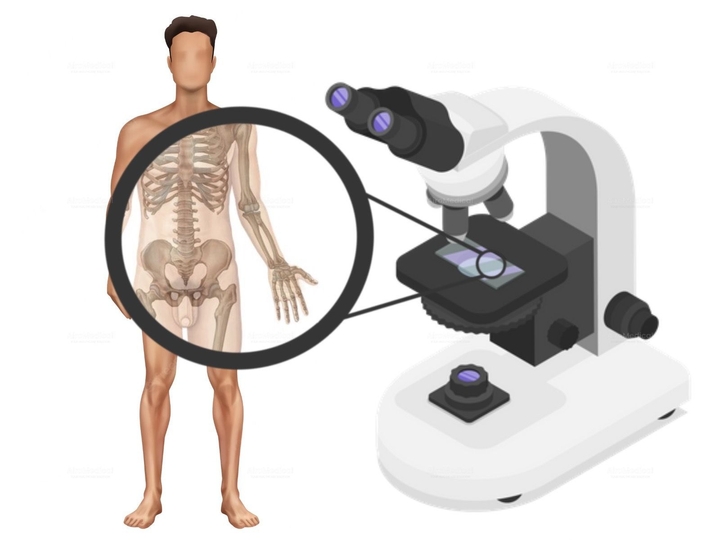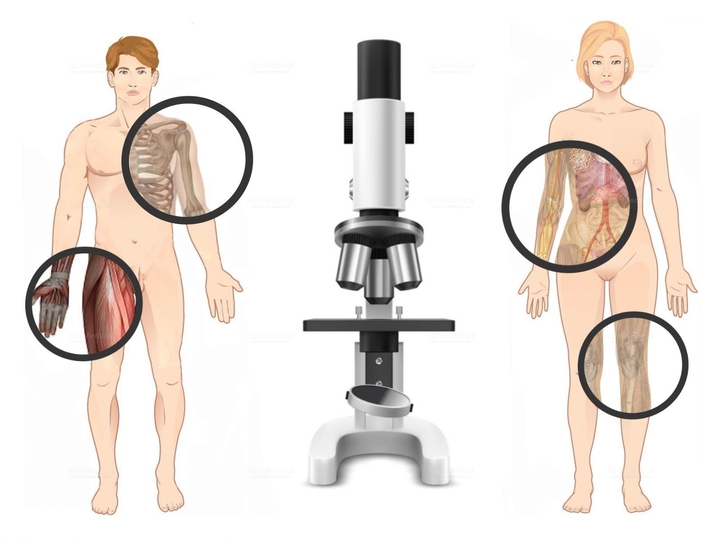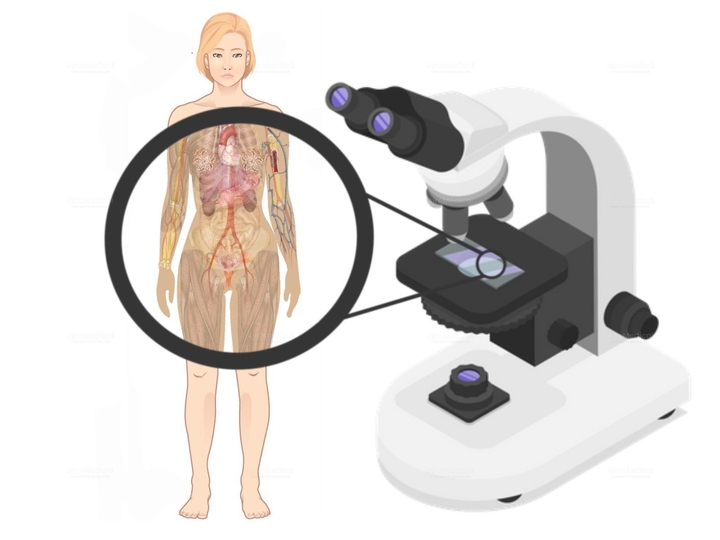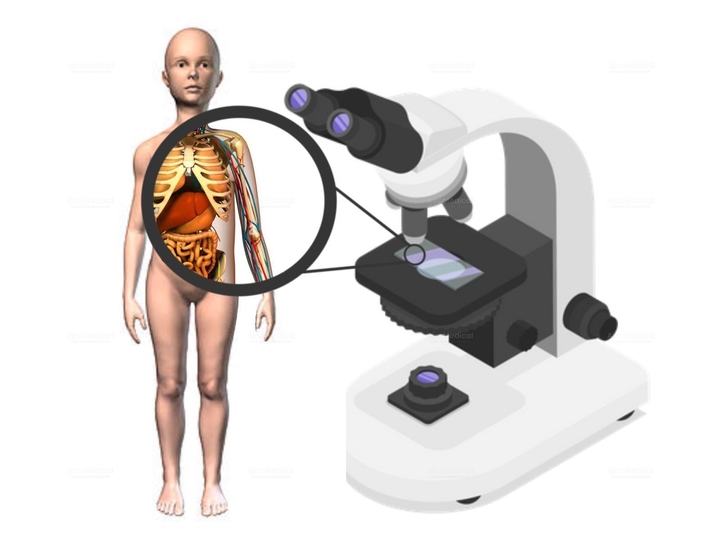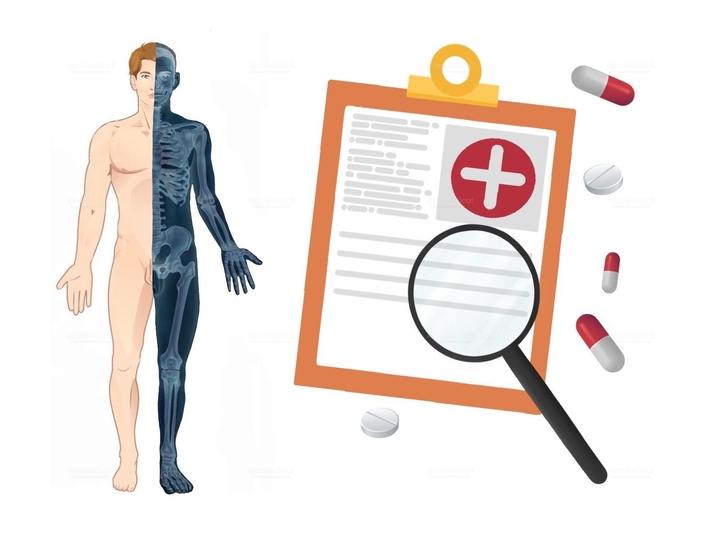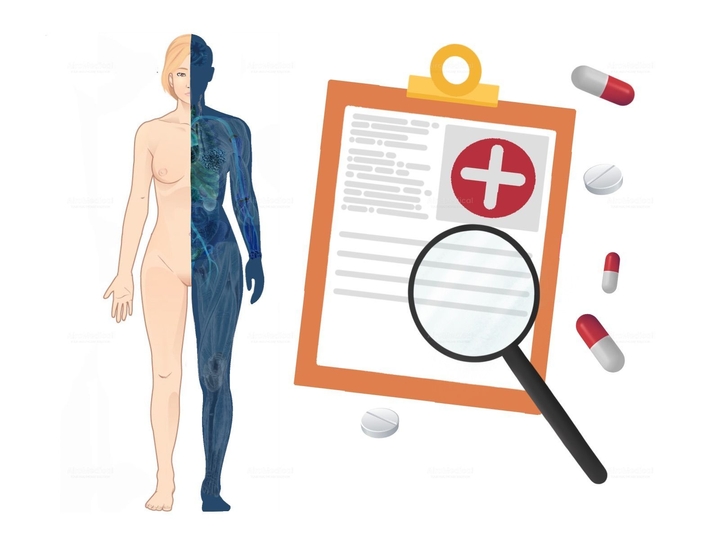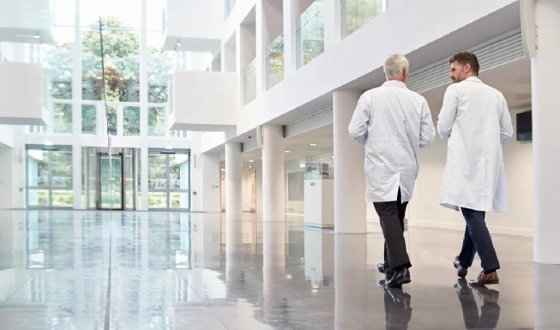Rheumatology (Autoimmune Disease) Worldwide: Best Hospitals, Doctors, Options, & Cost
According to research estimates, about 20% of the population worldwide suffers from autoimmune diseases. The immune system begins to attack its body, perceiving organs and tissues as alien and threatening. The joints, ligaments, and blood vessels are most affected by such attacks. Slowly breaking down, they lose their functions. As a result, the quality of life is declining, and disability may even occur.
Best rheumatology hospitals worldwide can significantly alleviate the condition of patients, stop or slow down the course of the disease, and return the joy of active life to patients.
Best rheumatology clinics
What helps to choose a rheumatology hospital?
When choosing a rheumatology hospital, consider the following factors: hospital reputation, doctor's qualifications, international healthcare standards compliance, a comprehensive, multidisciplinary treatment approach, quality of medical and diagnostic equipment, and availability of laboratory services for complex tests.
Additionally, consider appointment waiting times, participation in research and clinical trials, pricing transparency, and geographical location for climate suitability. The right hospital will provide quality care, potential access to innovative treatments, and support in managing the multifaceted aspects of autoimmune diseases.
Checking feedback, credentials and comparing costs can be valuable advice. Seek assistance from trusted platforms like AiroMedical for comprehensive support and ease in planning your medical journey.
Top rheumatologists
Rheumatology doctor choosing
Selecting the best rheumatologist abroad for your treatment is a critical step that significantly impacts your recovery path. Your selection should consider the specialist's specific training, professional memberships, and experience.
The best rheumatologist should be part of a multi-disciplinary team, including experts in various connective tissue diseases, and use advanced diagnostic tools. They must have a successful track record in treatments, including widely-spread and rare conditions. They should also have a comprehensive approach to pain management, monitor potential complications, and stay engaged in the latest research.
Finally, consider patient feedback to ensure the specialist provides compassionate care for joint disease patients. AiroMedical can help streamline this process.
The diagnostic process in rheumatology
Rheumatology diseases can occur under the guise of other illnesses, and it can be challenging to identify them. Therefore, the success of treatment directly depends on accurate and timely diagnosis. A doctor who specializes in the treatment of rheumatology diseases is based on the study of patient complaints, clinical studies, and lab tests:
Latest diagnostic tools in autoimmune diseases
All these and several other specific methods used by rheumatology hospitals overseas allow a high probability of determining the primary diagnosis and prescribing the most effective treatment.
Top offers
Advanced treatment options in rheumatology
Rheumatology deals with autoimmune diseases and has seen significant advancements in recent years. These developments provide hope for improved quality of life and increased treatment success rates. New treatment strategies focus on personalized medicine and the targeted modification of the immune response.
These advancements are crucial as chronic and acute autoimmune diseases significantly impact patients' lives. Exploring the best treatment options can be daunting, but the AiroMedical team helps guide you through decision-making, ensuring access to the most current treatments proven in clinical trials.
The range of treatment methods
Physical therapy involves structured exercises to enhance muscle strength and joint flexibility, while physiotherapy uses heat, cold, and massage to relieve pain and improve mobility.
Psychological support helps patients handle chronic rheumatic conditions' mental and emotional aspects. It can include cognitive-behavioral therapy, mindfulness exercises, and educational resources to empower patients in their disease management.
Innovative approaches
Rehabilitation as a part of rheumatic disease treatment
Special attention is paid to the rehabilitation of patients, both at the initial stage of the disease and after operations or the acute phase.
In conclusion, there are various advanced treatment options in rheumatology, each with pros and cons. We are here to help you explore, understand, and find the proper solution for you, navigating the complex picture of medical advancements and emerging therapies.
Treatment cost & budget
Autoimmune disease€1,898 - 4,740
Advantages of medical tourism
Rheumatology therapy abroad uses modern medicines with high efficiency and minimal side effects. Treatment tactics are limited to preventing the progression and aggravation of diseases, as they are mostly chronic.
Benefits of medical travel for rheumatology treatment
Access to the medical database and advanced technologies, cooperation with world-renowned rheumatology doctors, and the world's largest specialized clinics make treating autoimmune diseases with AiroMedical an effective process at any stage.
We use all available tools to find the best hospital for rheumatology and the leading specialist and provide complete information about scientific and clinical achievements in treating your particular disease.
We support patients with any pathology, staying in touch before, during, and after rheumatology treatment. Developing a unique treatment algorithm for each patient ensures the maintenance of high quality of life, the quick achievement of remission, and its maintenance for many years.
How AiroMedical can help you
Read more in our blogs
FAQ
What are the best clinics for Autoimmune Disease?
Who are the best doctors for Autoimmune Disease?
Prof. Dr. med. Harald Burkhardt from
University Hospital Frankfurt am Main
Prof. Dr. med. Uwe Heemann from
University Hospital Rechts der Isar Munich
Prof. Dr. med. Martin Reincke from
University Hospital Ludwig-Maximilians Munich
Prof. Dr. med. Marina Backhaus from
Park Clinic Weissensee Berlin
Prof. Dr. med. Michael Berliner from
MEOCLINIC Berlin






